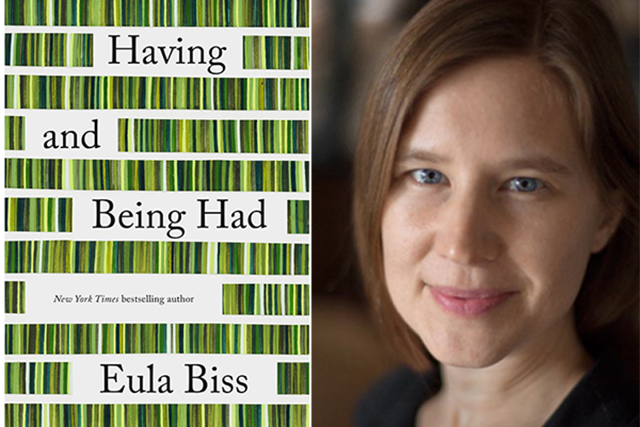


And yet, taken as a whole, they lack the precision and clarity that make good poetry so satisfying to read.

“I need another word.”) The 88 pieces in Having and Being Had look like very short essays, but they’re more productively read as poems, operating as they do on the level of metaphor and recurring image. Her book is full of wordplay and reversals, where consumption isn’t just the opposite of capitalist production but a disease, and a word whose Latin root conveys a sense of destruction.īiss considers the difficulty of defining “rich” and “poor” and “middle class,” that notoriously fuzzy category draws out the uncomfortable resonances of “possession” and “ownership” with slavery and self-delusion and toys with the many meanings of the laden word “work.” (“Work, in fact, is interfering with my work, and I want to work less so that I can have more time to work,” she writes. But instead of pinning down these floaty ideas, Biss seeks to explode them. Capitalism is hard to talk about, built as it is upon abstractions, layer upon layer of universally accepted illusions that turn physical stuff and experiences-paper, a house, one’s education-into concepts like money and assets and capital. There were moments, reading Having and Being Had, Eula Biss’s new examination of capitalism and white middle class life, when I returned to this same childlike bewilderment and frustration. We were looking for something concrete, some hard, specific reality to grab onto, and all we got were confusing ideas like “shares” and “fractions of a company.”

“Okay, but what exactly is a stock?” we’d press him, determined to nail down the details of this mysteriously slippery world once and for all. Actually, we’d ask him to first explain what the stock market was. As far as we could tell, when he wasn’t shuttling us to and from school and various music lessons or reading or listening to his vast collection of classical music CDs, he sat at his computer at home all day, in front of a spreadsheet that would occasionally emit noises that sounded an awful lot like “cha-ching!” Whenever we had to fill out forms listing our parents’ jobs, he would tell us, under “company,” to write “self-employed,” and under “occupation,” “investor.”Įvery couple years or so, we’d ask him to explain how the stock market worked. Growing up, my sister and I had no idea what our dad did for a living.


 0 kommentar(er)
0 kommentar(er)
